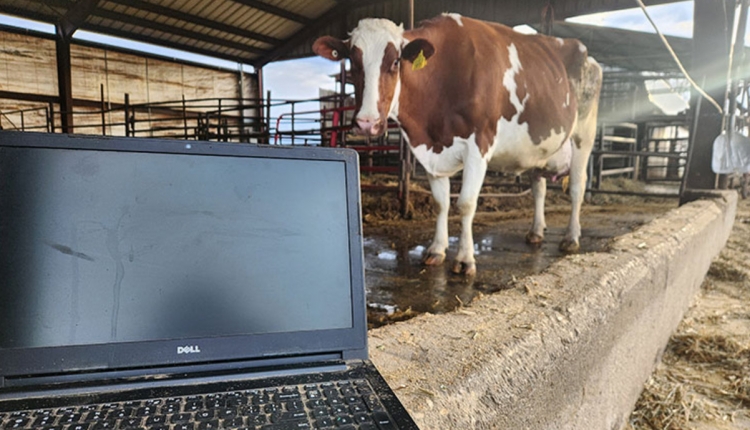 Vegetarians are crazy! That might be the sentiment of those who relish a succulent steak and cannot fathom eliminating beef, lamb, pork, or poultry from their diet. While we all have the option to purchase and consume whatever food types we choose, there appears to be negative ramifications for avoiding animal-based foods.
Vegetarians are crazy! That might be the sentiment of those who relish a succulent steak and cannot fathom eliminating beef, lamb, pork, or poultry from their diet. While we all have the option to purchase and consume whatever food types we choose, there appears to be negative ramifications for avoiding animal-based foods.According to research, nonmeat eaters have more anxiety disorders as compared to those who eat meat.
Low levels of B12 have been linked to depression in a Harvard Medical School blog. Vegetarians have more cases of depression than meat eaters. Deficiency of B12 include tingling of the hands, legs and feet, anemia, difficulty thinking and reasoning, paranoia, delusions, hallucinations, weakness, and fatigue. Those with serious deficiencies of B12 take weekly shots or daily high dose pills. It makes more sense to me to just eat meat, eggs, poultry, dairy products, and other foods from animals to get B12 rather than injections or pills.
Body image issues also have led some to experience eating disorders. While only 4 percent of vegetarians have binged, purged, taken diet pills, or severely restricted their food intake, only a fraction, 0.8 percent, of meat eaters have participated in any of these unhealthy habits. Those treated for an eating disorder were four times more likely to not eat meat. And one-half of people with an eating disorder ate some form of vegetarian diet.
The nutrients provided in animal foods influences brain processes. Even more disturbing is that vegetarian adolescents were more likely to have contemplated and attempted suicide as compared to nonvegetarians, according to German research.
The mind is a precious entity and should be nurtured. For those that chose not to eat animals, that is certainly their choice. But with mounting research showing that avoiding animal products can lead to mental health disorders, will they change their eating habits?
 The author is the online media manager and is responsible for the website, webinars and social media. A graduate of Modesto Junior College and Fresno State, she was raised on a California dairy and frequently blogs on youth programs and consumer issues.
The author is the online media manager and is responsible for the website, webinars and social media. A graduate of Modesto Junior College and Fresno State, she was raised on a California dairy and frequently blogs on youth programs and consumer issues.









